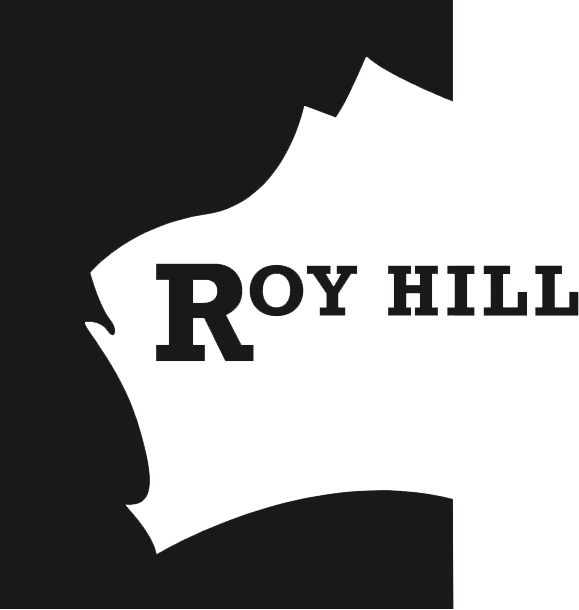News
State’s $5b ore inspiring surplus
Article by Josh Zimmerman courtesy of the West Australian.

WA Treasury set for second huge windfall.
Unexpectedly resilient iron ore prices have WA on track to double the projected 2021-22 Budget surplus to nearly $5 billion and hand the McGowan Government a second consecutive cash bonanza.
A sharp slump in demand for the steel-making commodity in the second half of 2021 prompted WA Treasury in December to downgrade its forecast for the average iron ore price this financial year to $US104.90 a tonne.
But since dropping to $US87/t in November, iron ore has rallied strongly to trade at US$144.39/t as of Friday – and is averaging US$134.54 through 2021-22 so far.
If that average price point holds through the next five months, WA will collect an additional $2.43 billion in iron ore royalties.
The current projected surplus is $2.45 billion – meaning the royalties windfall would effectively double what Treasury is expecting to collect in 2021-22 to $4.88 billion.
That comes after WA banked a record $5.84 billion surplus last financial year – the biggest ever by any State – which also came largely off the back of staggering iron ore prices. Every other State and Territory has pencilled in big deficits for the current financial year, headlined by NSW and Victoria at $19.5 billion each.
With China cutting interest rates to stimulate demand in its struggling property sector – and Chinese steel mills still enjoying healthy margins – analysts believe a sharp contraction in iron ore price in the near term is unlikely.
Instead, the major danger, to both the WA Budget and broader economy, is COVID disrupting mining activities and causing a fall in production.
Four resources operations have already been struck by the virus: BHP’s Yandi iron ore mine in the Pilbara, 29Metals’ Golden Grove polymetallic operation in the Mid West, Alcoa’s alumina refinery at Kwinana and Albermarle’s lithium refinery in Kemerton.
An infected rail maintenance worker at BHP’s Spinifex Village as well as 14 of his colleagues deemed close contacts – are currently halfway through two weeks of mandatory self-isolation.
The spate of infections prompted the WA Chamber of Minerals and Energy to call on the McGowan Government to immediately adopt looser close contact definitions and slash the self-isolation period to seven days. This has occurred in the Eastern States, where a wave of Omicron-enforced absenteeism ground thousands of workplaces to a halt.
Premier Mark McGowan has already announced WA will follow suit but only when “high caseloads” are reached, with no clear guidance provided for when that will occur.

05.02.2022
